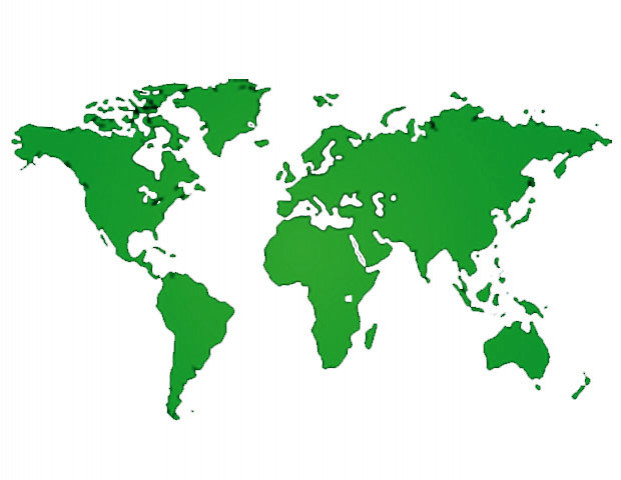Global dealings: The world’s a stage
Year 2014 will certainly be a test of this government’s abilities on the foreign policy front.

This year has been a tiring one for Islamabad – from reducing the trust-deficit with the United States and improving ties with Afghanistan to reviving the stalled peace talks with India and maintaining a delicate balance in relations with Iran and Saudi Arabia, 2013 has been demanding.
The new government, ushered in to power in June 2013, promised to resurrect the country’s foreign policy. Premier Nawaz Sharif assured voters that the ‘lost pride’ would be restored in the comity of nations.
In this vein, 2014 will certainly be a test of this government’s abilities on the foreign policy front.
Uncle Sam’s calling
With the Nato/ISAF troop pullout right on the horizon, bilateral relations with the US will certainly be seen as the biggest challenge for Pakistan this year.
Although the two nations are allies in the fight against terrorism, there are many areas that pose the threat of straining bonds, such as the CIA’s controversial drone programme. The daunting task ahead is to ensure the two sides work closely to strike a peace deal in Afghanistan, even though both have differences of opinion on Afghanistan’s endgame.
That said, their main objective is the same – to keep Afghanistan from slipping into civil war.
What of the Afghans?
Peace and stability for the Afghans is in Islamabad’s best interest, as the countries not only share history, but also the long, rugged border often used by militants to shuttle to and fro. Therefore, Pakistan’s input is crucial for any future political dispensation in the region.
There is a strong perception in the west and in Afghanistan that Pakistan still enjoys considerable clout over the Afghan Taliban. Like the previous administration, the incumbent government is adamant that it has no favourites and only wants long term stability in the war-torn country. However, whether the Afghan government and other international stakeholders will buy the government’s claim remains to be seen.
The neighbours
A notable achievement of the Pakistan Muslim League-Nawaz (PML-N) government in 2013 was making possible the rare talks between the directors-general of the nuclear-armed nations. The meeting of the top military officials, the first in last 14 years, helped ease tensions along the Line of Control.
However, despite this step, the revival of composite dialogue seems far away. The situation will become even more challenging if the hardliner Bhartiya Janta Party (BJP) is voted to power in upcoming parliamentary elections in India.
Playing in the millions
Iran is another key regional country. Pakistan had signed a multi-billion dollar gas pipeline project with it. This project is scheduled to be completed by the end of 2014.
The historic nuclear deal between Iran and the West renewed hopes that the pipeline might not fall victim to international geopolitics. And yet, with threats of US economic sanctions still persisting and premier Sharif’s close ties with Saudia Arabia still evident, it will be an uphill task for Islamabad to go ahead with the project.
Published in The Express Tribune, December 31st, 2013.


















COMMENTS
Comments are moderated and generally will be posted if they are on-topic and not abusive.
For more information, please see our Comments FAQ